Diabetes and Exercise
Exercise is key to a healthy lifestyle. You should always consult your doctor before engaging in strenuous exercise to be sure you are physically able though.
Diabetes management is unique to the individual and depends on many variables including the sport, athlete’s health needs, length and duration of training, upcoming competitions, etc. The primary risks of physical activity for athletes with diabetes are essentially two:
- Hypoglycemia (blood sugar is too low)
To prepare for hypoglycemia, keep at least 15-20g of fast-acting carbohydrates on hand at all times. Also, note that the risk for hypoglycemia is higher if you skip a meal or exercise strenuously or for a long duration. Aerobic exercise, such as jogging, tends to drive blood glucose down.
- Hyperglycemia (blood sugar is too high)
Certain high-intensity or anaerobic exercises, such as weight lifting, can increase blood glucose. The bottom line is that you need to listen to your body, check your blood glucose often and look for patterns to help you adjust routines.
Find out the reasons for hyperglycemia and how you can have better blood sugar control while working out. Discover the benefits of anaerobic exercise (or weight lifting).
Exercise, in general, may increase insulin sensitivity and aid in overall better diabetes management. Beyond Type 2 aims to provide exercise resources to help you become active and keep you motivated.
Resources


Ways to Manage Weight When Movement Is Limited
Learn about changes you can make to lose weight and improve blood glucose levels when movement is limited.MORE

Type 2 Diabetes + the Circadian Clock: Does Timing of Exercise Matter?
Have you ever wondered how your circadian clock might affect your diabetes? According to this research, working out in the afternoon may improve your health.MORE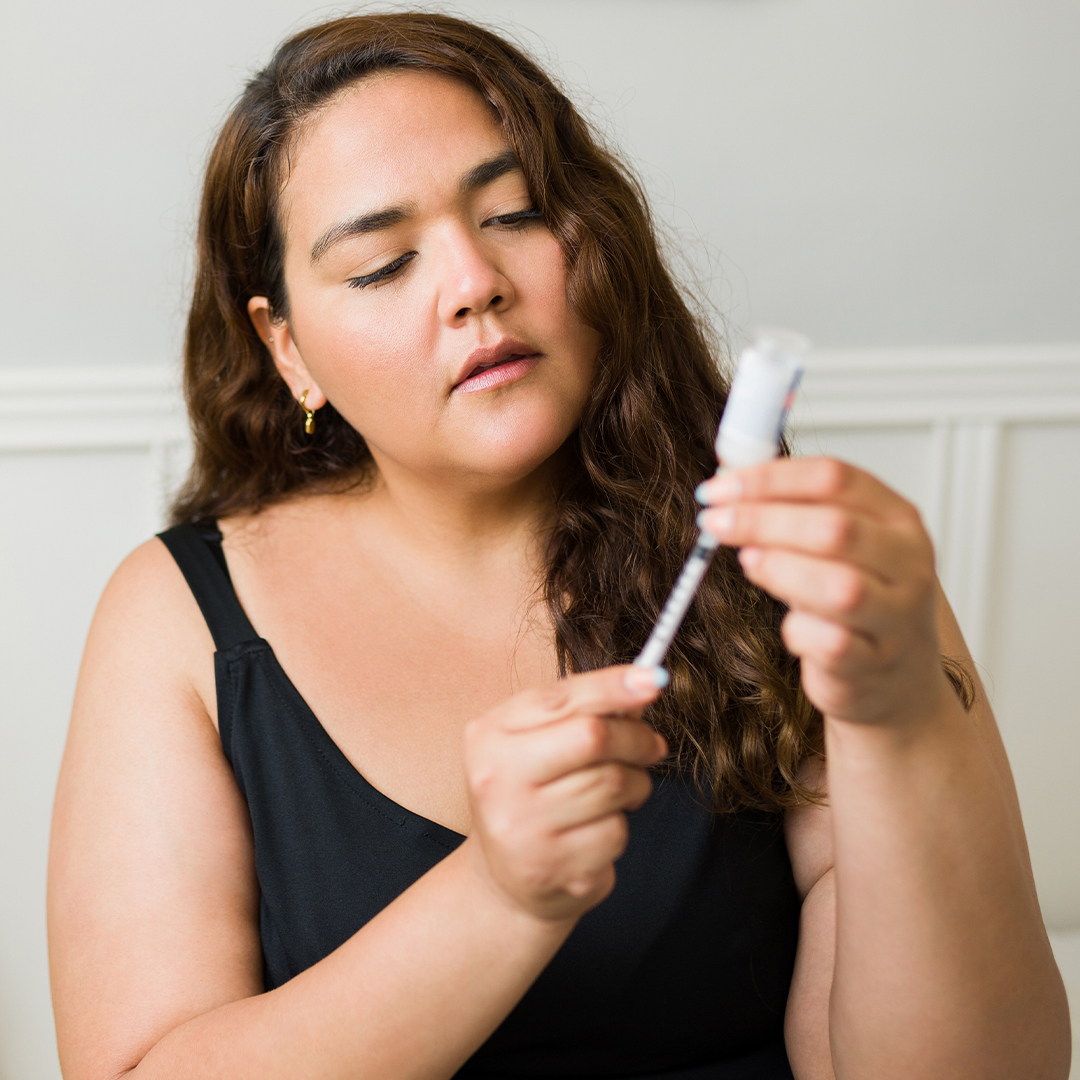

Tips + Tricks: Losing Weight While Taking Insulin
Insulin may be a life-saving medication but there are many misconceptions about its impact on your weight. Let’s get the facts straight.MORE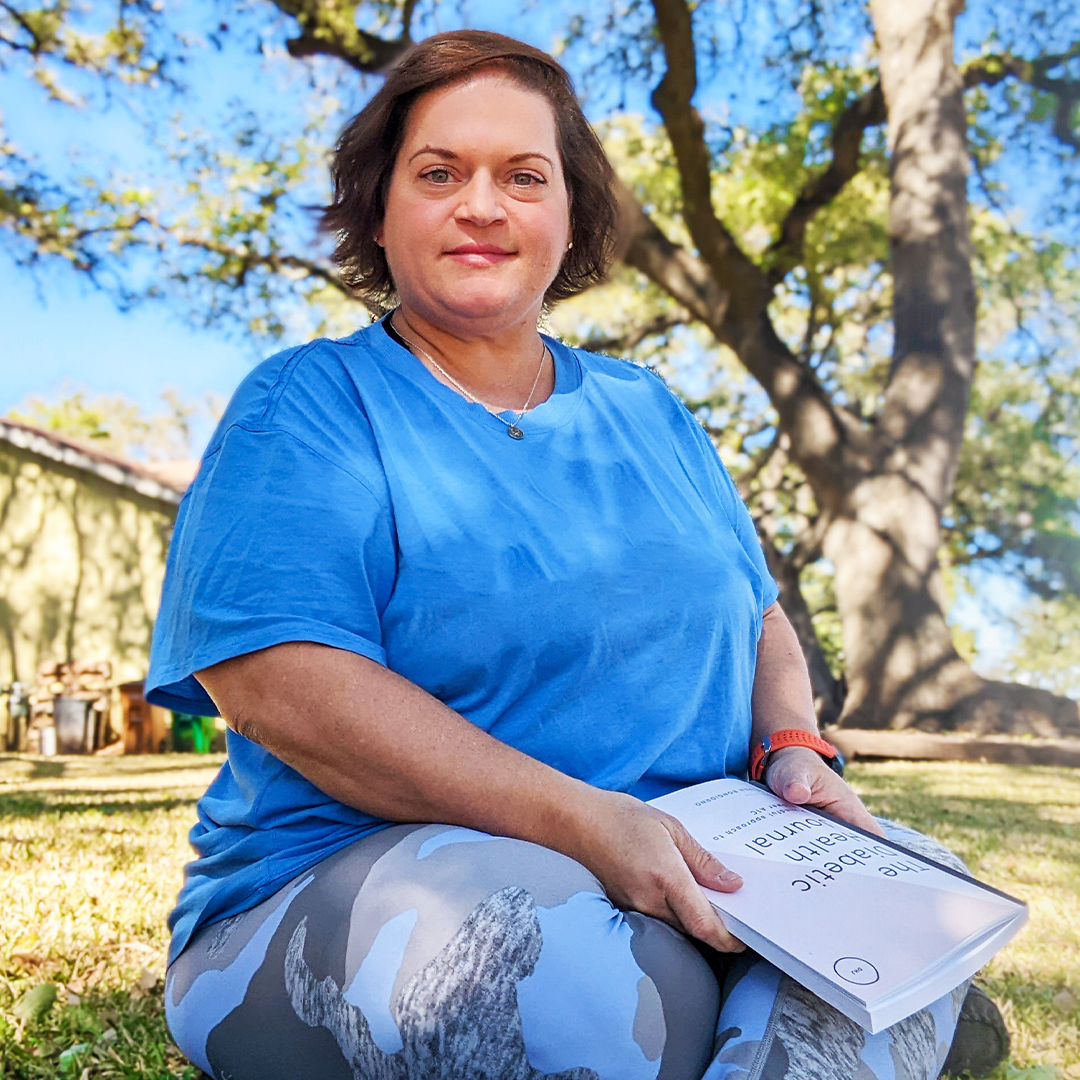

Transforming Tobi: A Story About Fitness + Mental Health
Tobi learned to prioritize both fitness and mental health after being diagnosed with type 2 diabetes.MORE
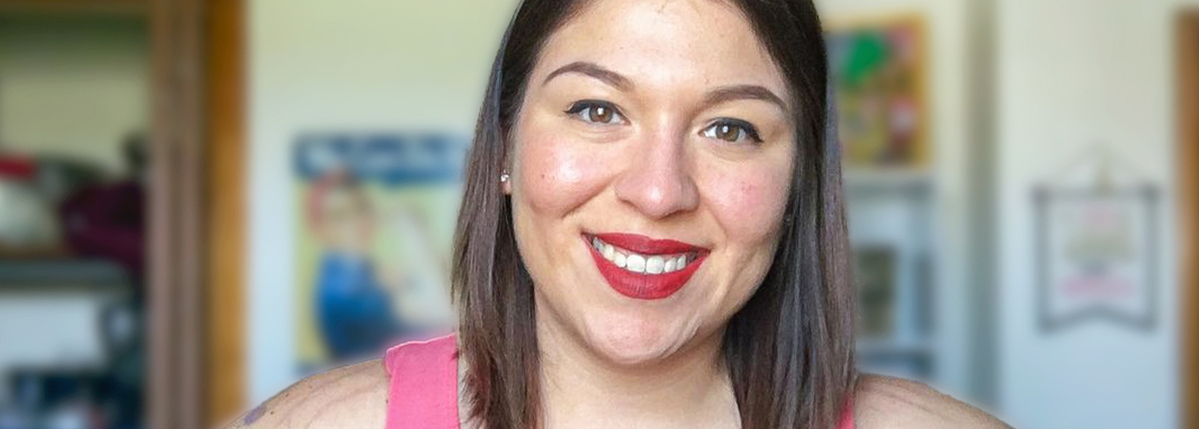
Fitness + Hypoglycemia with Liz Cambron, Ph.D.
Hypoglycemia (low blood sugar) can occur during or after a workout and to learn how people with Type 2 diabetes address it in their lives, we reached out to one of our community members, Liz Cambron, ...MORE

Outdoor Sports + Hypoglycemia with Amy Hess-Fischl
Learn about how to prepare for hypoglycemia when playing outdoor sports, or other physical activities, with diabetes educator, Amy Hess-Fischl.MORE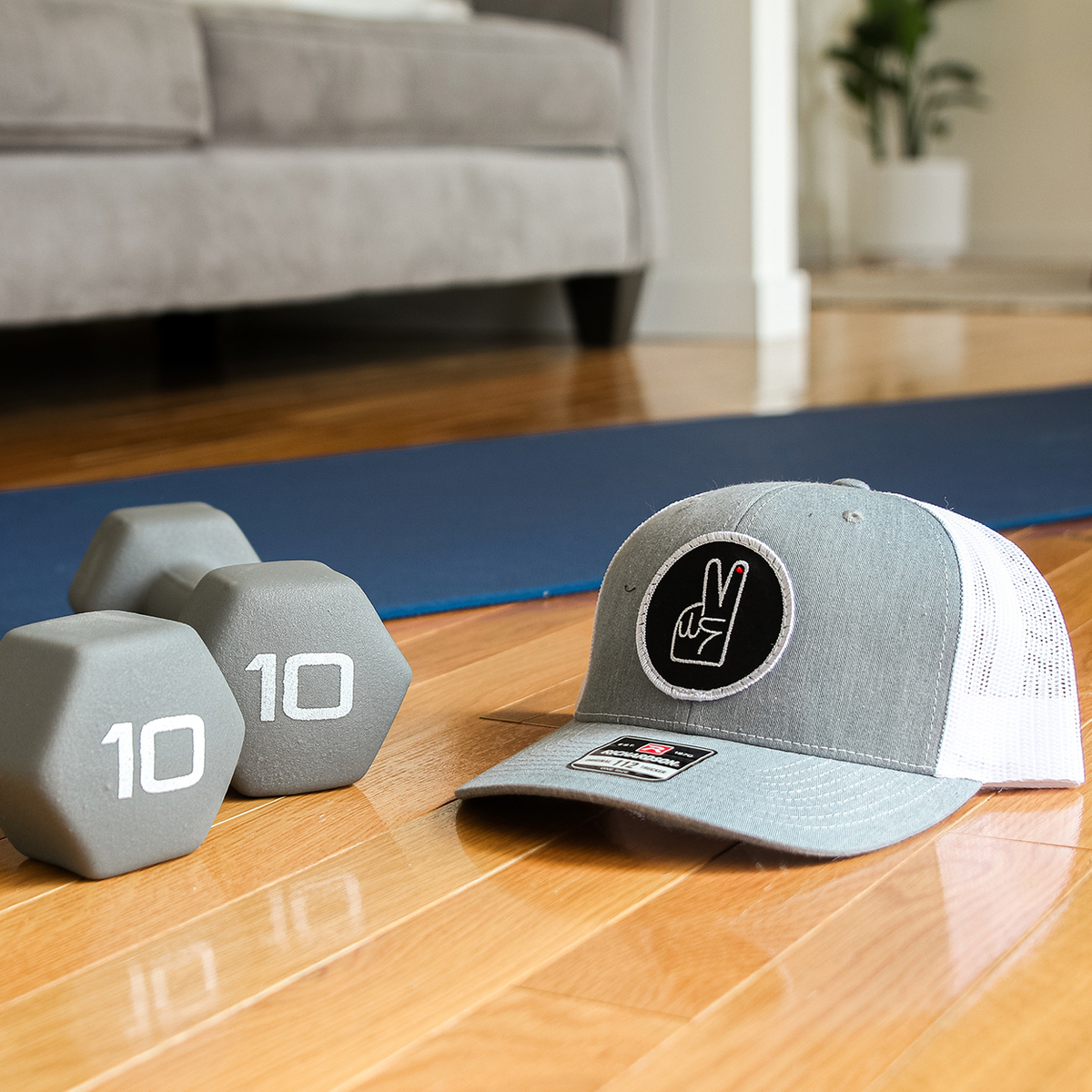
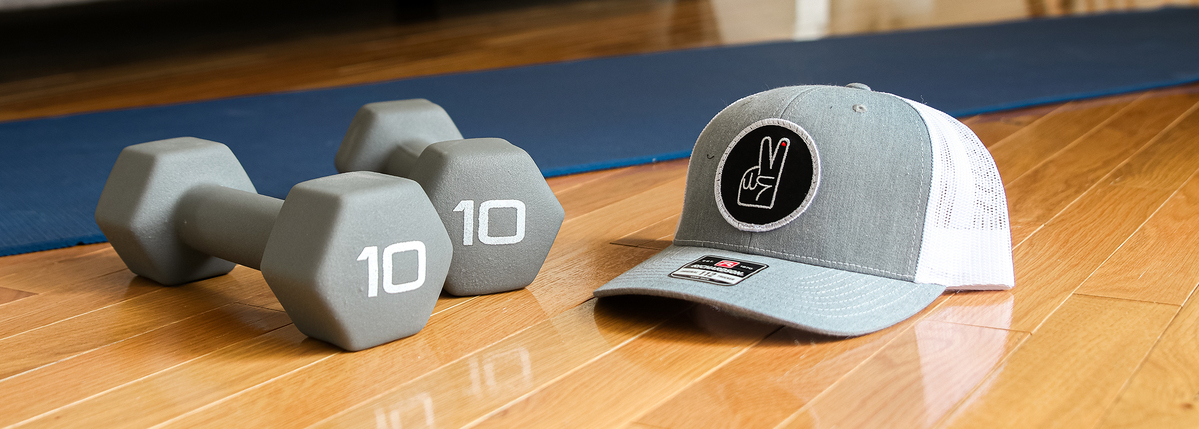
At-Home Workout: 15-Minute Dumbbell Routine for Beginners
Getting started with strength-training can be overwhelming and confusing. Keep it simple with this daily 15-minute beginner's dumbbell workout!MORE

Three Cardio Exercises That Are More Fun Than Jogging
If you hate jogging, it's okay! Here are 3 types of cardio exercise that'll get your heart pumping without the heavy (and boring) impact on your joints.MORE

Blood Sugar and Fitness
Starting to work out for the first time? Knowing the basics of blood sugar and fitness can help you learn how to workout safely + reach your diabetes goals.MORE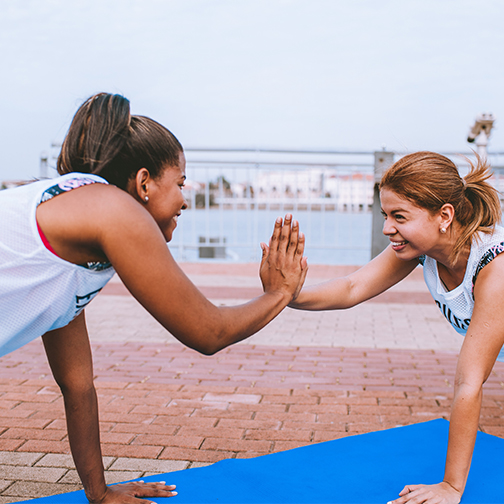

Hypoglycemia and Outdoor Activities
You should be able to enjoy your favorite outdoor activities without worrying about hypoglycemia. However, it's always good to be prepared. This article will show you how to prevent hypoglycemia ...MORE

Body Image: You Don’t Need to be Skinny to be Fit
Plenty of extremely active, fit people look decidedly “average” by the insane standards of our current society and they are kicking butt every day. You don’t have to be stick thin to be thriving...MORE

How to Get Moving With Minimum Effort
Exercise is essentially the only natural way that you can lower your blood sugar without taking any additional diabetes medication, like insulin or oral medications like Metformin. And not only that, ...MORE

Type 2 Diabetes Basic Exercise Guide
Physical activity is one of the important pillars for all types of diabetes management of. A moderate intensity workout for only 30 to 60 minutes three or four times per week is enough to reduce HBA1...MORE

Running for Beginners
Running is a medium to a high-impact form of exercise. The benefits of running for those with type 2 diabetes shouldn't be overlooked, as it can help promote weight loss, manage blood sugar, reli...MORE

Walking for Exercise With Type 2 Diabetes
Walking is one of the most convenient forms of exercise. It can be especially helpful to people with type 2 diabetes who seek easy and low-impact ways to be active. Bonus? It can be done almost anywh...MORE

How To Reach Your Body Goals Without Obsessing Over Weight
Your weight is just one factor of fitness, but not the end-all-be-all. Read how to reach your body goals without obsessing over it.MORE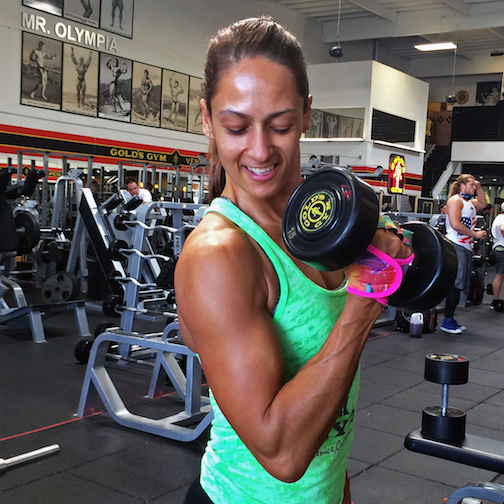

Start Working out with Type 2 Diabetes
Fitness personality and diabetes advocate, Christel Oerum, shares her tips on how you can start your fitness journey with diabetes! Read more on how to find your formula to successfully combine diabet...MORE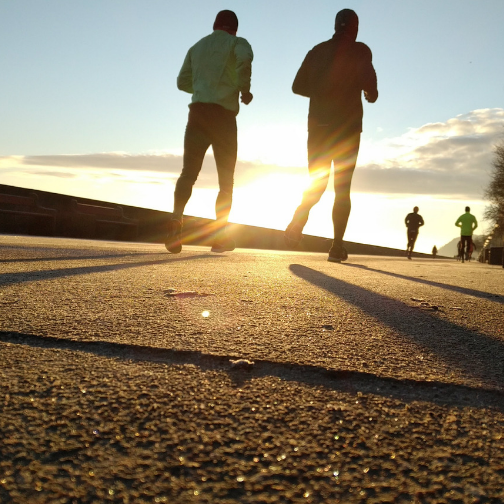

Blood Sugar Control—During and After Exercise
We walk you through different scenarios in which you can expect your blood sugar to rise or fall during and after exercise.MORE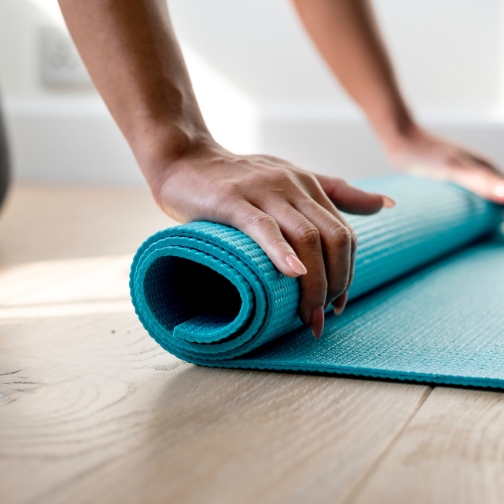

How can I be physically active safely if I have diabetes?
Want to be physically active but aren't sure how to do it safely? You probably already know to drink water before, during, and after exercise to stay well hydrated. The following are some other t...MORE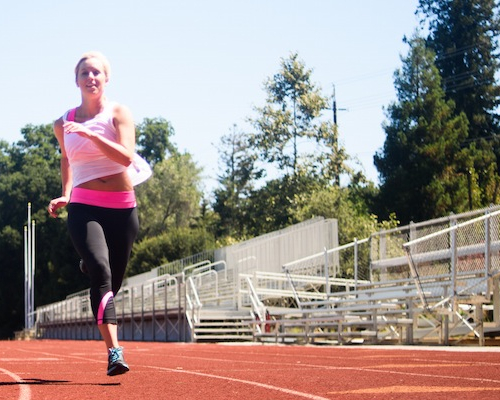
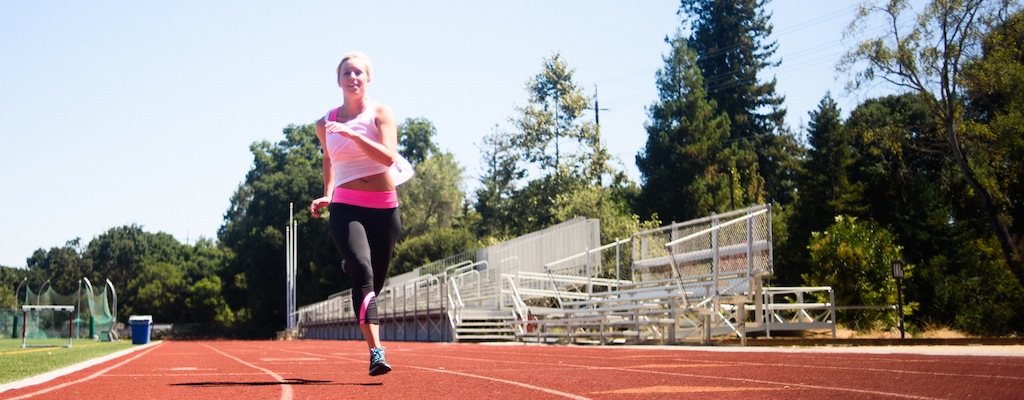
Exercise Basics
Managing type 2 diabetes while exercising is unique to the individual and depends on many variables including the activity, health needs, length and duration of the training, upcoming competitions, et...MORE

Yoga for People with Diabetes
Interested in yoga? Then this piece is for you. Lauren Bongiorno shares how yoga helped her manage diabetes, including helping her become more mindful about her food choices and practice discipline. MORE
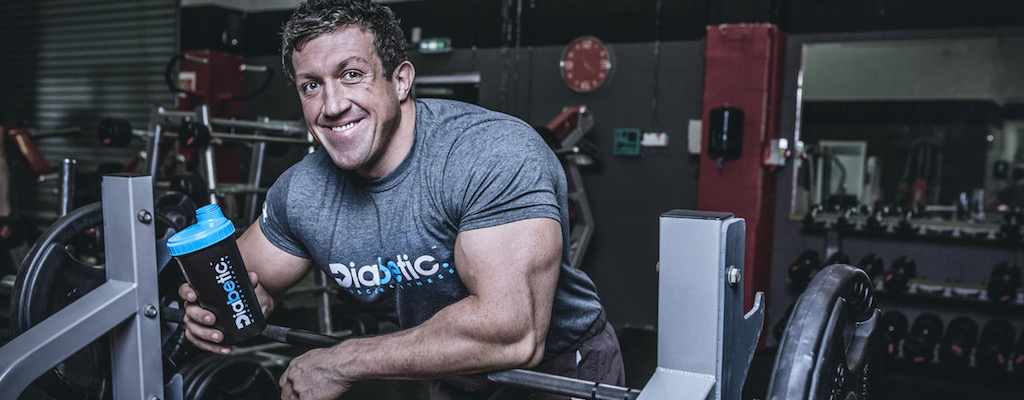
10 Reasons for Hyperglycemia During Training
Working out to lower your blood sugar but experience the opposite? Here are 10 reasons why that could be the case and how to change it.MORE
Personal Stories


Sugar in Action, a diabetes runner’s life experience
Edgar Garcia became one of the most important T2D influencers in Latin America after his diagnosis. This is his story. MORE

Swimming Master Turned Diabetes Educator
I belonged to the Master Swimming Team so I didn’t think I could ever develop diabetes. My health was good and my habits were almost perfect. This is how I changed my life. MORE

Former Professional Wrestler Discusses Living with Diabetes
Randy Thornton is a former NFL player and professional wrestler. He played for the Denver Broncos from 1988-1990 and wrestled in the WCW from 1991 to 1998 under the name "Swoll" as member of...MORE

A Type 2 Titan
Ross Cooper has been living with Type 2 diabetes since 1996. Since he's been diagnosed, he's been a beast in the gym. Read how why he's a Type 2 Titan.MOREDo you have a personal story you’d like to share? Follow this link to submit your story on how type 2 diabetes has impacted your life. Your story contributes to our growing community of people living with type 2 diabetes and brings a new perspective to our fight in redefining what it means to live with it.




